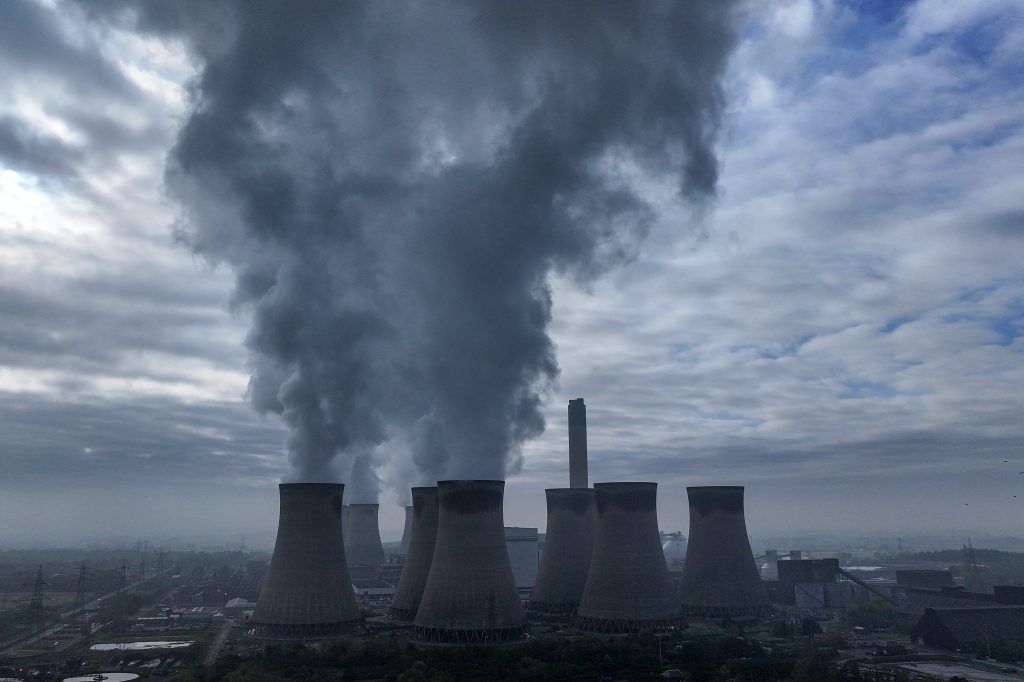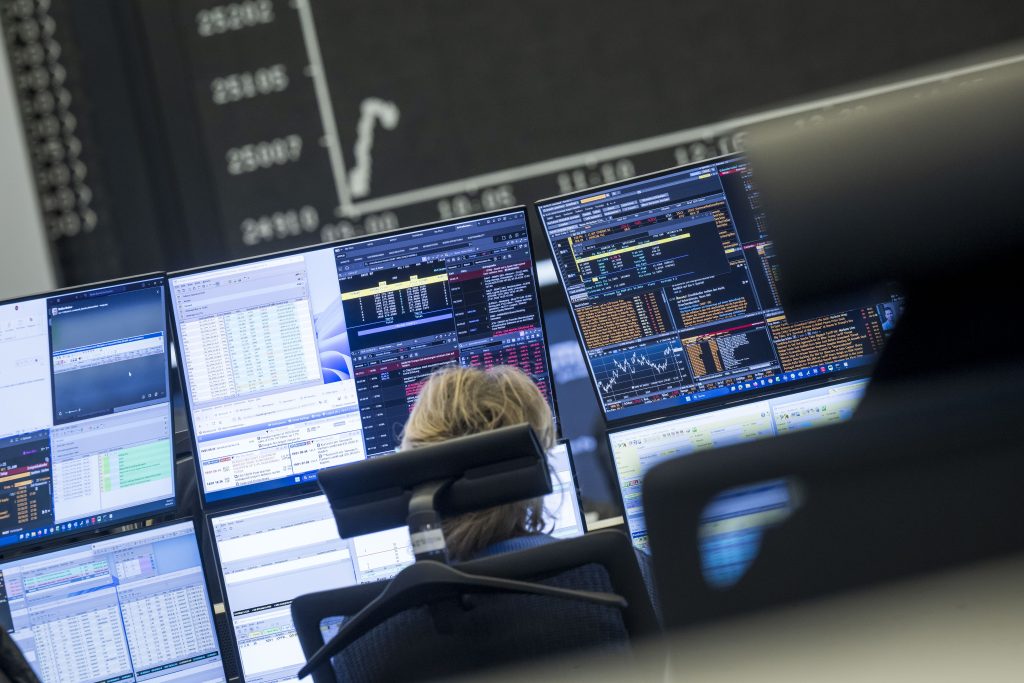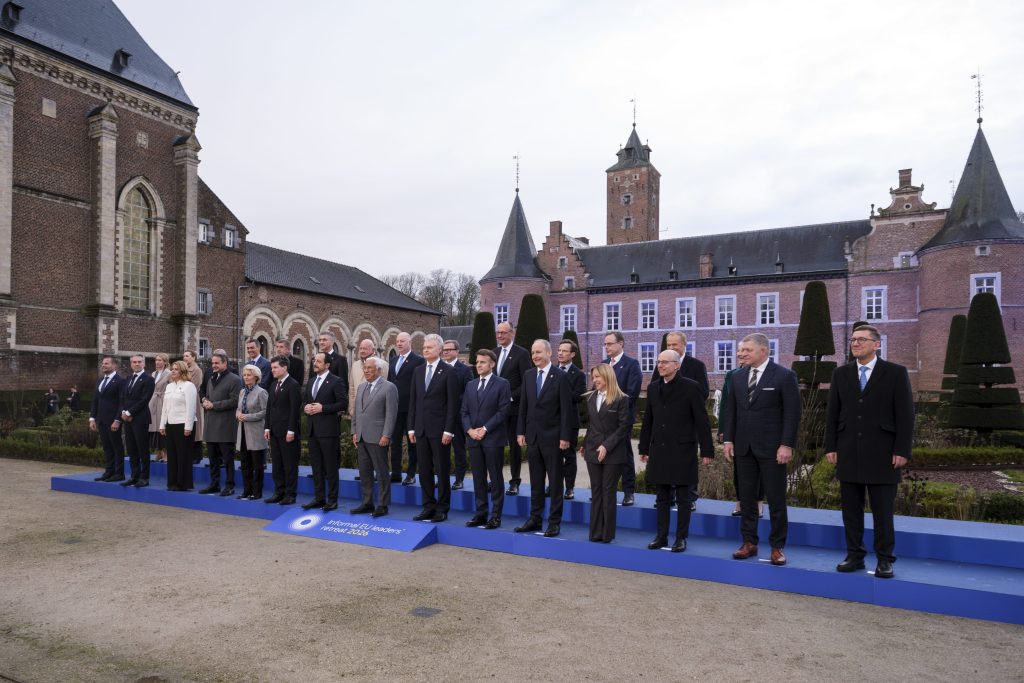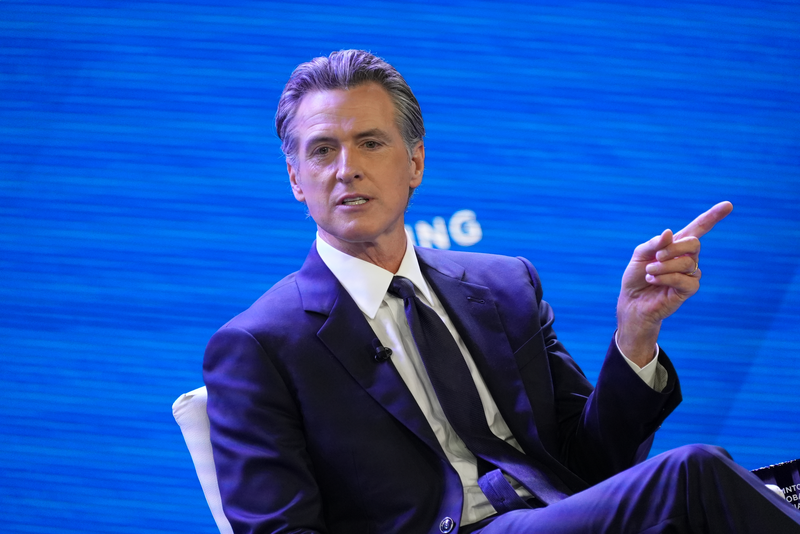California’s landmark AI bill, SB 1047, has been short-circuited with a veto from governor Gavin Newsom.
The bill would have included a “kill switch” for rogue AI programs, and mandatory safety reporting to a new regulatory agency, the Board of Frontier Models. It also would have created whistleblower protection for
Register for free to keep reading
To continue reading this article and unlock full access to GRIP, register now. You’ll enjoy free access to all content until our subscription service launches in early 2026.
- Unlimited access to industry insights
- Stay on top of key rules and regulatory changes with our Rules Navigator
- Ad-free experience with no distractions
- Regular podcasts from trusted external experts
- Fresh compliance and regulatory content every day













